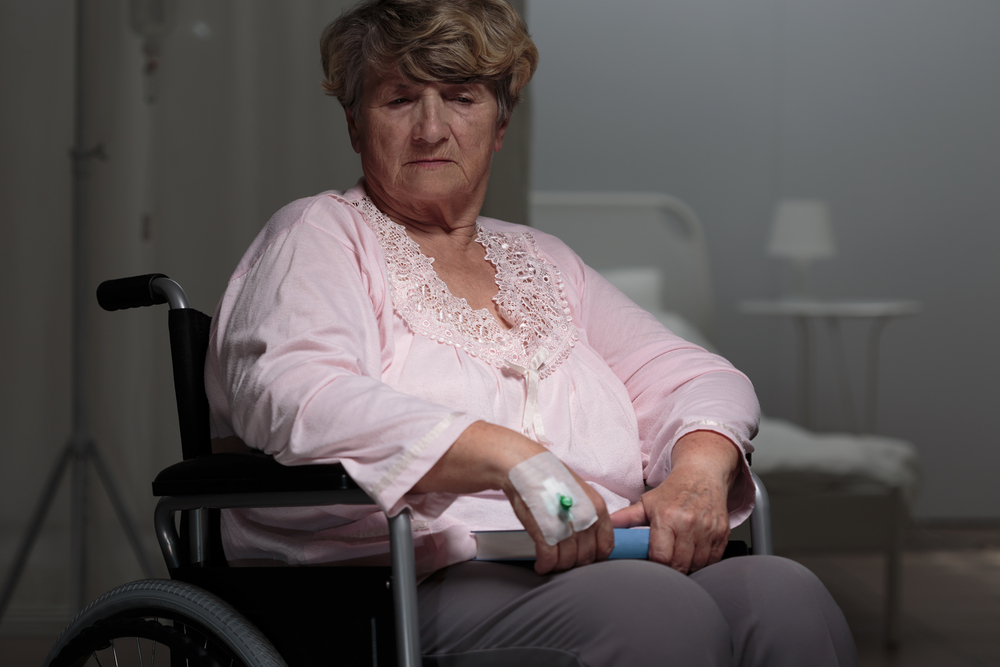Discover effective ways to manage holiday depression in the elderly and help them find joy during the festive season.
Understanding the Impact of Holiday Depression on the Elderly
The holiday season can be a challenging time for many individuals, including the elderly. While it is often portrayed as a time of joy and celebration, it can also bring feelings of loneliness, sadness, and depression, particularly for older adults. Understanding the impact of holiday depression on the elderly is crucial in order to provide the necessary support and care.
The loss of loved ones, memories of past holidays, and a sense of isolation can all contribute to holiday depression in the elderly. Additionally, the pressure to participate in social activities and maintain a cheerful facade can be overwhelming, leading to heightened feelings of sadness and anxiety. It is important to recognize that holiday depression is a real and significant issue for many older adults and should not be dismissed or overlooked. This can be even more pronounced for those living with major or terminal illnesses, including people who are on hospice.
Identifying the Signs and Symptoms of Depression in the Elderly
Identifying the signs and symptoms of depression in the elderly is essential for early intervention and support. While everyone experiences sadness or loneliness at times, persistent and intense feelings of sadness, hopelessness, and a loss of interest in activities once enjoyed are key indicators of depression. Other common signs and symptoms include changes in appetite or weight, difficulty sleeping or excessive sleeping, decreased energy or fatigue, feelings of worthlessness or guilt, difficulty concentrating, and thoughts of death or suicide.
It is important to note that depression in the elderly may present differently than in younger individuals. Older adults may be less likely to express feelings of sadness and more likely to complain about physical ailments. They may also be more prone to experiencing symptoms such as irritability, social withdrawal, and a decline in cognitive abilities. It is crucial to pay attention to these signs and take them seriously.
Promoting Emotional Well-being Through Meaningful Activities
Promoting emotional well-being through meaningful activities is a powerful way to combat holiday depression in the elderly. Engaging in activities that bring joy, purpose, and a sense of accomplishment can help lift spirits and provide a sense of fulfillment. These activities can vary depending on individual interests and abilities, but some ideas include volunteering, participating in religious or spiritual practices, pursuing hobbies or creative outlets, spending time with loved ones, and practicing self-care.
Encouraging the elderly to engage in activities that align with their values and interests can help create a sense of meaning and purpose during the holiday season. It is important to be patient and supportive, allowing them to participate at their own pace and offering assistance when needed. By promoting emotional well-being through meaningful activities, we can help the elderly experience a greater sense of happiness and fulfillment.
Creating a Supportive Environment for the Elderly During the Holidays
Creating a supportive environment for the elderly during the holidays is crucial in helping them cope with depression and feel a sense of belonging. This can be achieved by fostering open communication, creating opportunities for social interaction, and providing a safe and welcoming space.
One way to create a supportive environment is by actively involving the elderly in holiday preparations and traditions. This can include asking for their input on decorations, planning activities that they enjoy, and ensuring their preferences and needs are taken into consideration. Additionally, offering opportunities for social connection, such as organizing gatherings with family and friends or connecting them with community events, can help combat feelings of loneliness and isolation. It is also important to be understanding and empathetic, allowing the elderly to express their emotions and providing a listening ear.
Seeking Professional Help and Resources for Managing Holiday Depression
In some cases, managing holiday depression in the elderly may require professional help and additional resources. It is important to recognize when the symptoms of depression become severe or when self-help strategies are not effective. Seeking professional help, such as consulting with a mental health professional or a healthcare provider, can provide valuable guidance and support.
For those who are nearing the end of life or are living with a terminal illness, hospice can help. Hospice care does not focus on treatments to cure the cause of the terminal illness, it seeks to keep the individual comfortable and make their remaining time as meaningful as possible. This includes a focus on pain relief and may include nursing care, but also includes emotional support and help with everyday tasks. Every patient receiving hospice care is supported by an interdisciplinary team that includes physicians, nurses, chaplains, and licensed Social Workers. At Hospice Care Partners, our social workers are directly responsible for looking out for the emotional well-being of the patient and closely monitoring the impact their environment has on their day-to-day outlook. They are superficially trained and skilled at identifying with a patient who is in need of additional emotional support and assisting caregivers, family, and other members of the interdisciplinary team to improve the patient's quality of life.
There are also various resources available that can assist in managing holiday depression. These include support groups, helplines, online forums, and educational materials. By utilizing these resources, both the elderly and their caregivers can gain access to valuable information, coping strategies, and a network of support. Remember, seeking help is a sign of strength and can greatly contribute to the well-being of the elderly during the holiday season.




